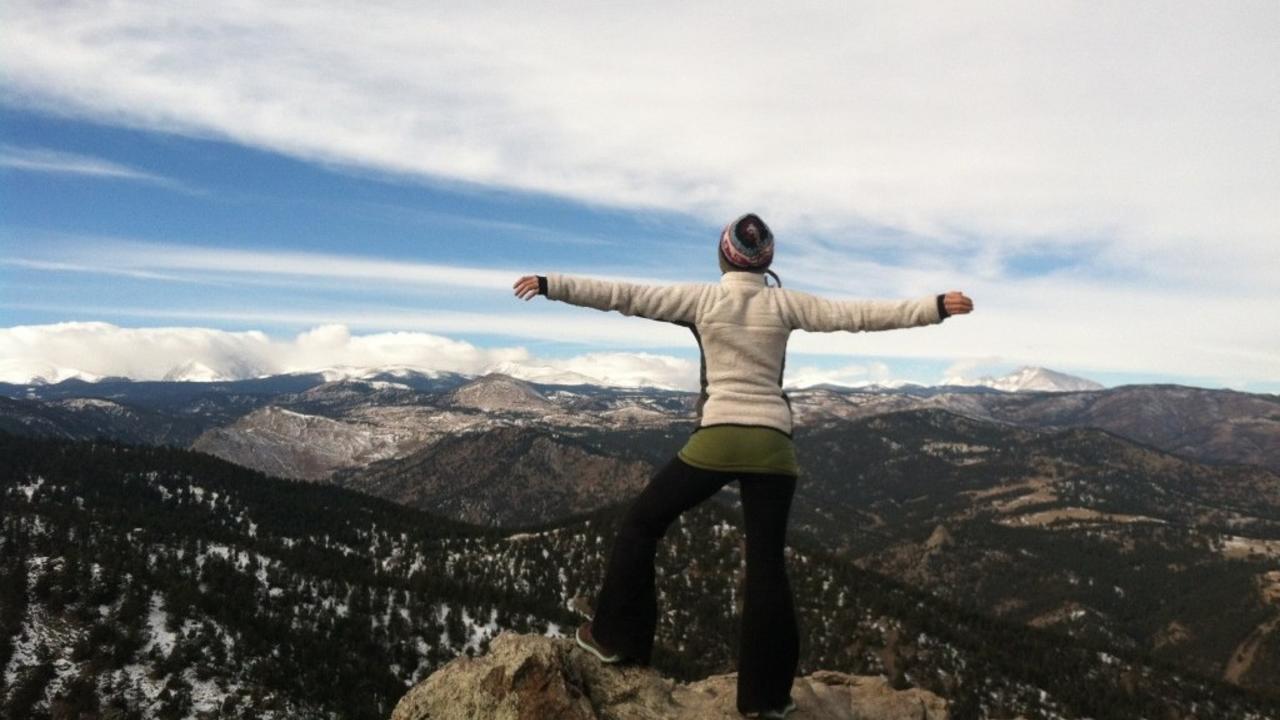Life Hack #2: Living Without Hate
May 04, 2014
By Sara Ness
Last week, I attended an event called the “InPresence Experience”, guided by the prodigiously talented facilitator Micah Sutton. InPresence is similar to our own practices of Authentic Relating and Circling. It focuses on what happens in the now – with myself, between you and me, and in the “moments between experience and reaction”, as Micah puts it. I’ll cover the idea of presence more in a future post. Today, however, I want to share one of the greatest life hacks that I’ve learned from my work in Authentic Relating:
How to live without hate.
In one of the exercises at InPresence, we were asked to stand, one by one, in front of the group (which was seated), and given 3 minutes to express whatever came up for us. The group applauded at the beginning and end of each person’s share. I am used to standing in front of rooms. But, I am usually in the role of teacher, not receiving this kind of intense presence and appreciation. I expected to stand in silence, to want to escape, to judge the people looking at me in an attempt to distance myself from their attention.
Instead, as soon as the applause faded, I made eye contact with each person in the group. I dropped to my knees in front of them.
I told the group: “My body is trembling all over right now. But it feels like my heart is expanding out more and more.
“I wish you could see yourselves the way I see you.”
It’s Not You, It’s Me
I have a little voice in the back of my head that likes to criticize everything I do. It tells me I’m needy, bumbling, that I share too much and don’t work enough. Often, when I’m tired or overwhelmed, that voice turns on other people. It whispers that those around me are judging me, that they are just preparing to hurt me, that they are lazy or incompetent or not to be trusted.
One of the reasons I began practicing Authentic Relating was due to the moments – more and more frequent – when I connect deeply to myself and others, and that voice just . . . goes . . . away.
The moments when I am deep into circling, or meditation, and I feel total openness to my experience and that of others’.
The moments when I’m listening to somebody’s tale of powerful pain, and I just want to comfort them, human to human.
The moments when I kneel in front of a room full of people, and all I can feel is the desire for them to understand that whatever their own little voice tells them, in that moment, I hold no judgment for them AT ALL.
I can feel their beauty. I can see their lives written in the lines on their faces and the cut of their clothes. I can imagine the people they have touched, the dreams they’ve had, the emotions they’ve felt. And it is fucking beautiful.
The Moral of the Story
Here’s the question I ask you to ponder for today.
What if – just what if – we each carry around a tiny voice in our heads that tells us who we should be, what we should be doing, what we should think, feel, want and desire. A voice that turns on others and tells us that we shouldn’t trust, because we might get hurt. A voice that tries to distance us from others, and us from ourselves.
What if we can see that voice as the thing that can bring us together?
If I’m judging me and you’re judging you, that’s something we have in common. If you are afraid of me, and I of you, we are connected in our fear of connection.
This week’s life hack is to look at other people, and imagine how they see themselves. Look at their faces and imagine them seeing those faces in the mirror: imagine them admiring the pores on their nose some days, and others wanting to smash the glass out of self-judgment and shame. When you shake their hand for the first time, imagine that tiny voice in their head asking “What if you don’t like me? Did I say something stupid? Did I do it wrong?”
You don’t need to say a word to them about what’s going through your head. Just notice how you feel. Notice if you feel closer to that person, thinking of who they are to themselves. And one day, you will walk through the world living without hate.
Life Hack #2: Imagine how other people see themselves, and what their self-talk says.
Lorem ipsum dolor sit amet, consectetur adipiscing elit. Cras sed sapien quam. Sed dapibus est id enim facilisis, at posuere turpis adipiscing. Quisque sit amet dui dui.
Stay connected with news and updates!
Join our mailing list to receive the latest news and updates from our team.
Don't worry, your information will not be shared.
We hate SPAM. We will never sell your information, for any reason.


